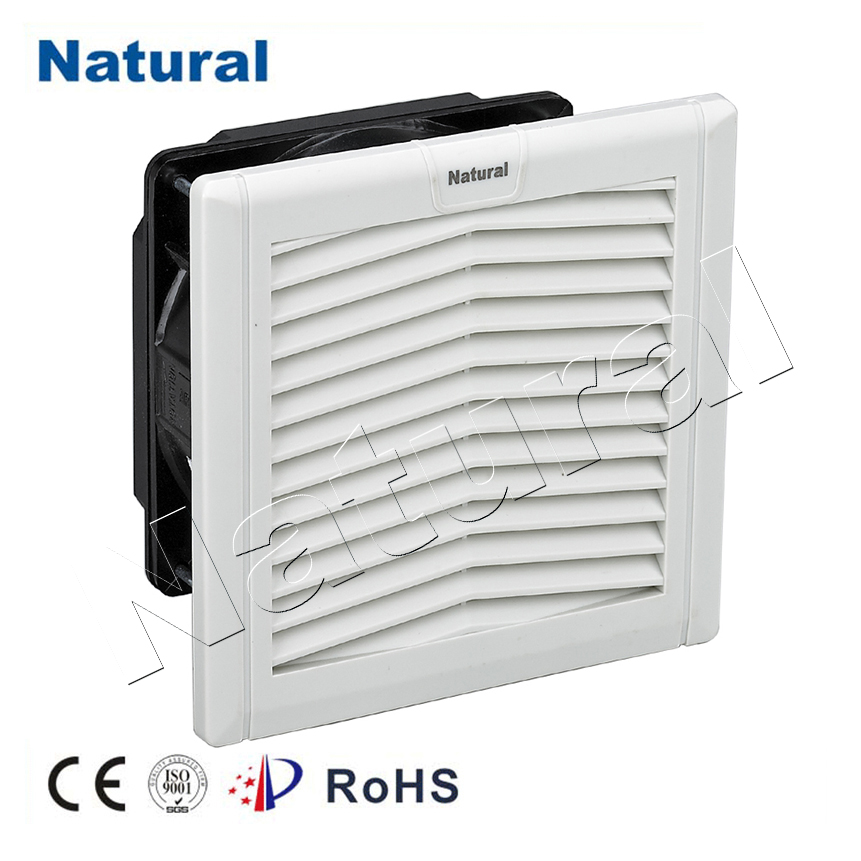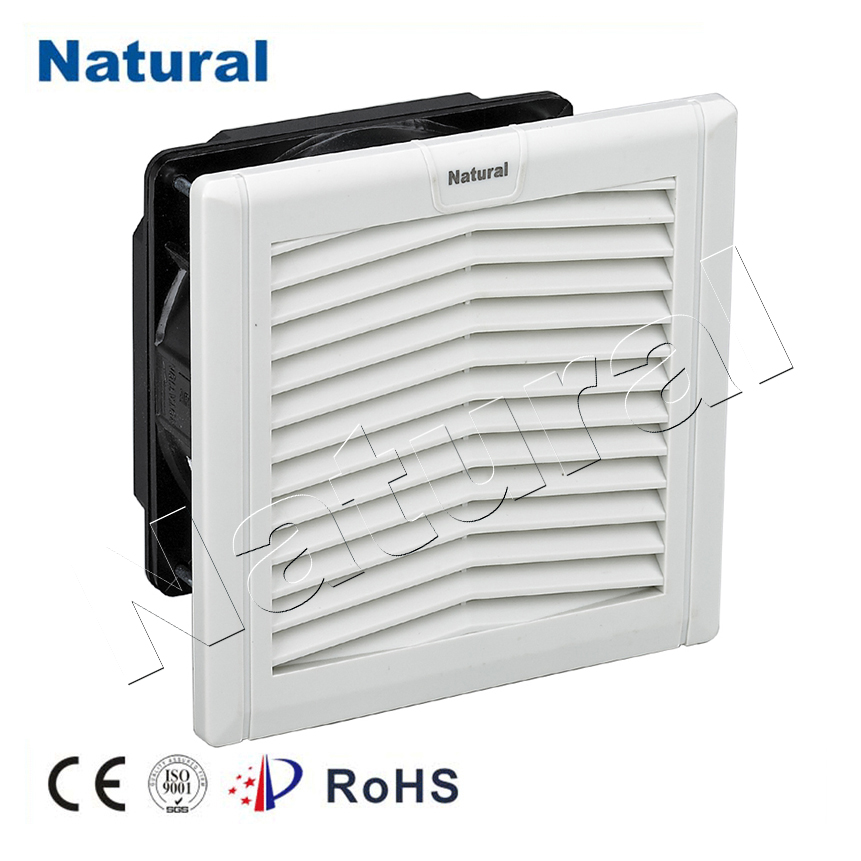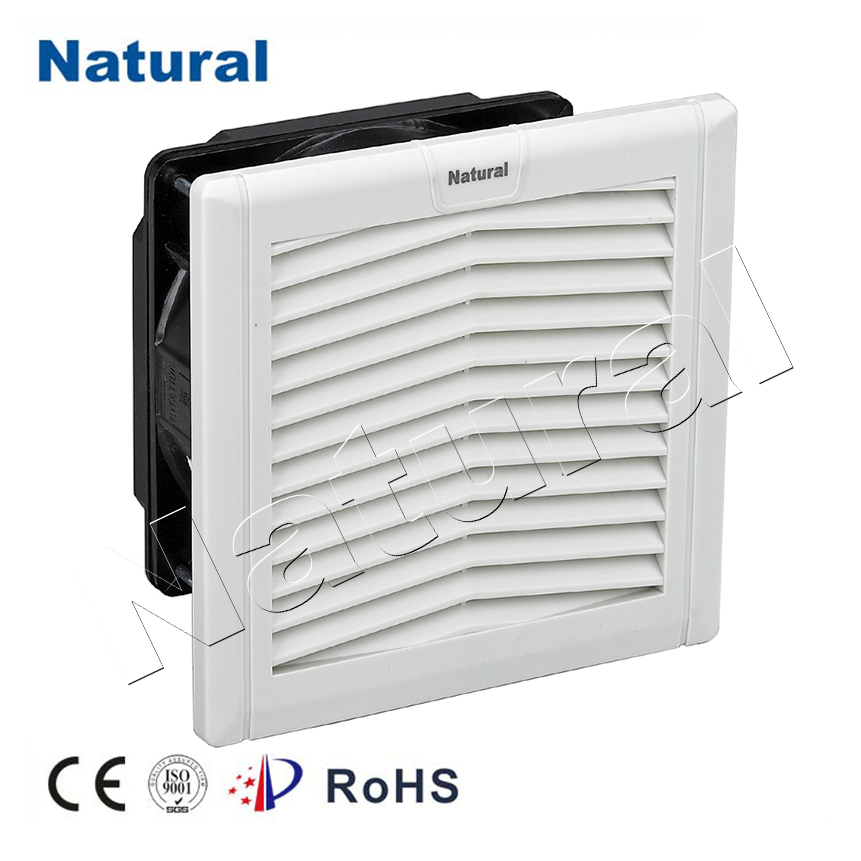Cooling fan filters are critical components used in various industries, from electronics to HVAC systems. These filters are designed to protect cooling fans from dust, debris, and other contaminants that can interfere with their function. They help maintain the efficiency of cooling systems, prevent overheating, and extend the lifespan of the equipment they protect. In this article, we will explore the role of cooling fan filters, their types, benefits, and the importance of maintaining them to ensure optimal system performance.

Understanding the Function of Cooling Fan Filters

At its core, the cooling fan in an electronic or mechanical system serves to prevent overheating by dissipating heat. However, the fan can only function effectively if it is free from obstructions like dust, dirt, and other particles that accumulate in the air. This is where cooling fan filters come into play. These filters are installed in the air intake of the fan, trapping particles before they reach the fan blades and internal components. The result is a cleaner and more efficient cooling process, ensuring that the system operates smoothly without the risk of overheating or damage from foreign materials.
